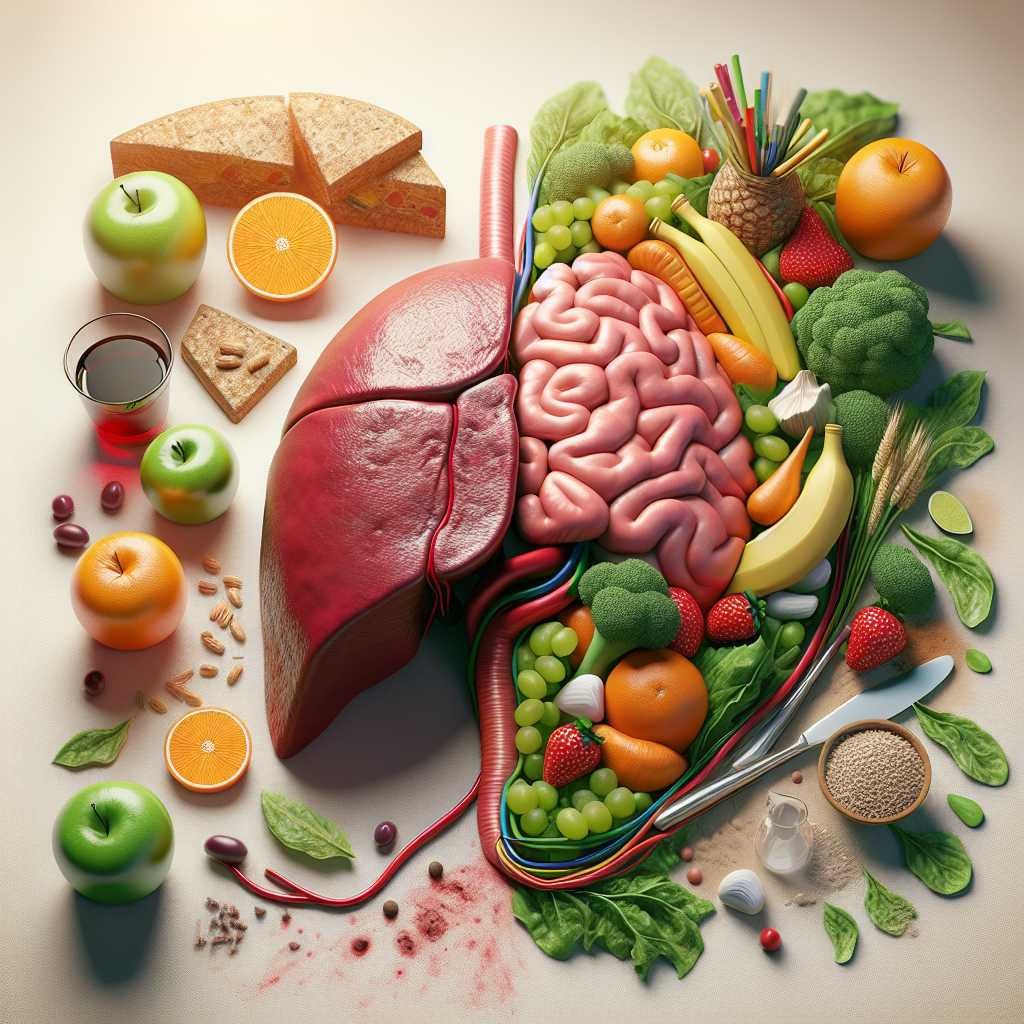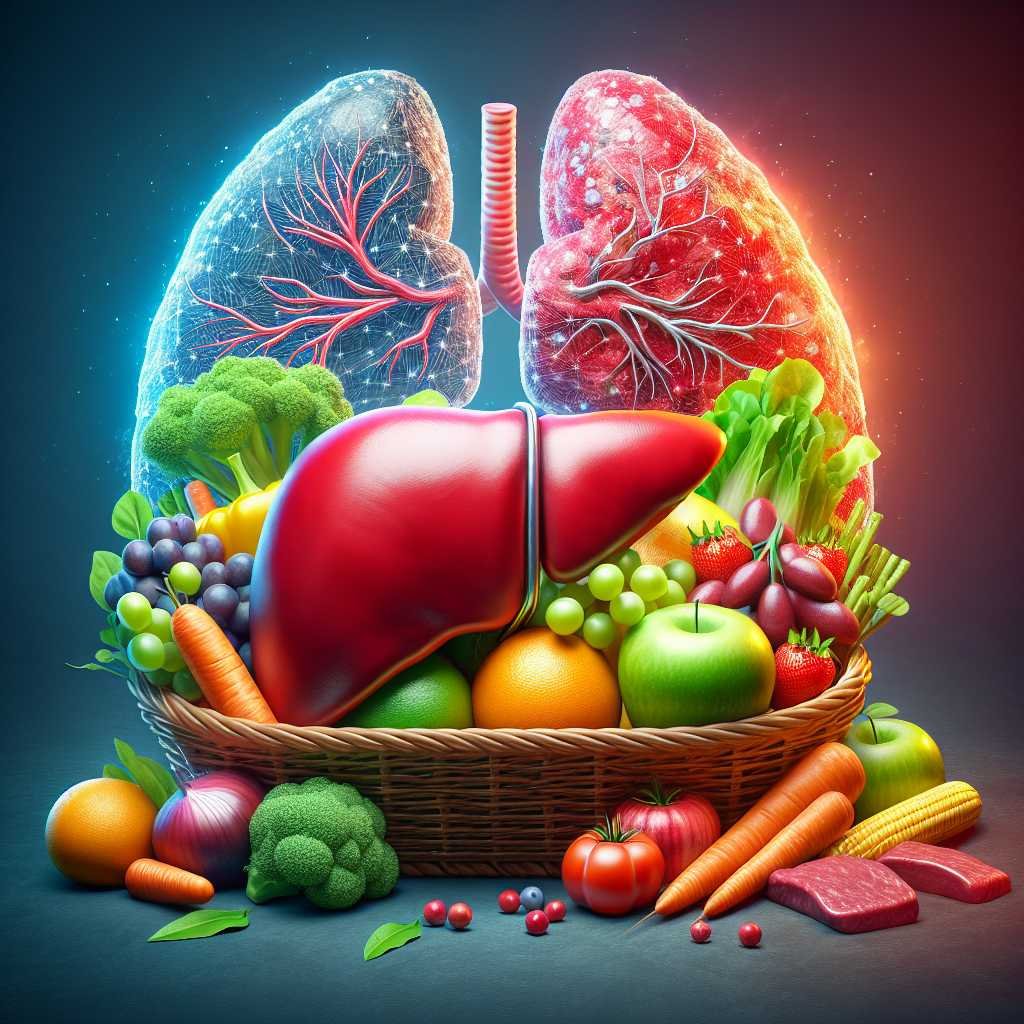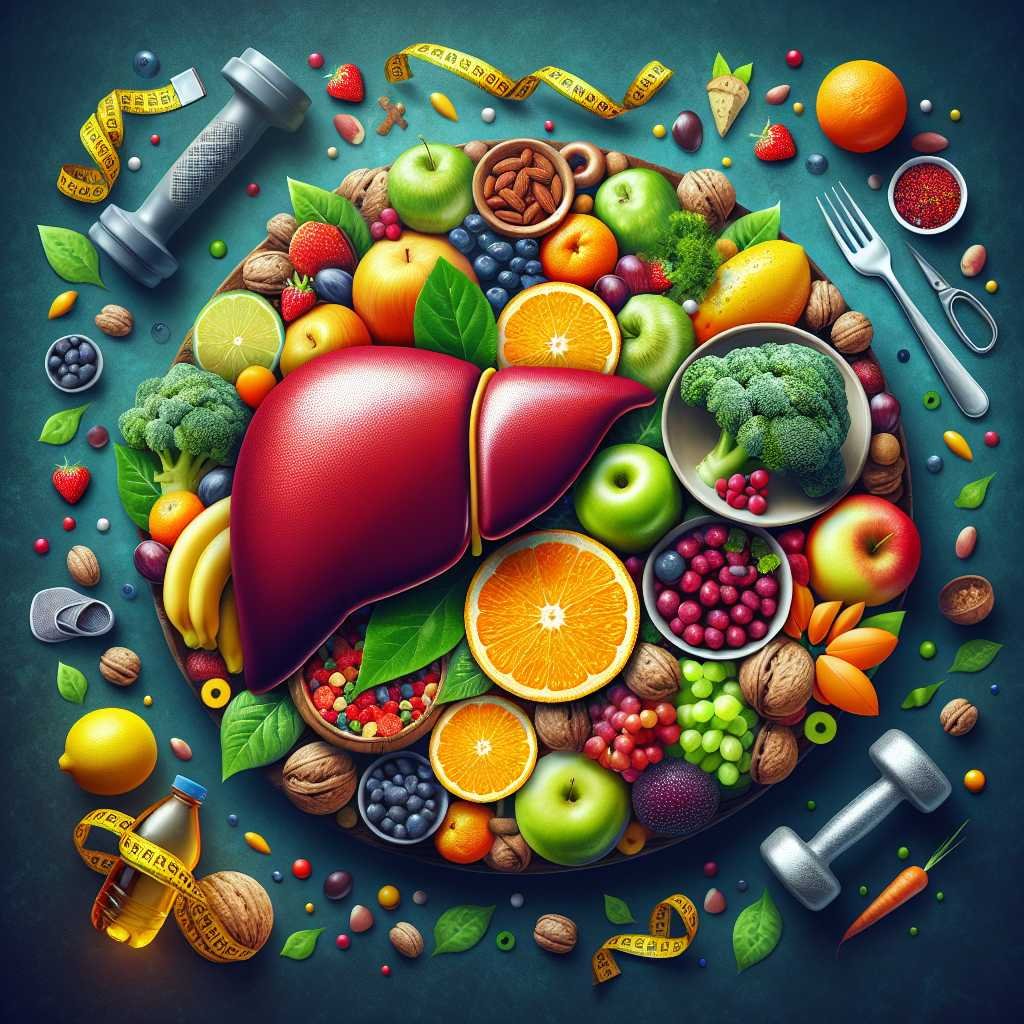Introduction
In our fast-paced lives, we are constantly faced with choices, particularly regarding our meals. After a long day, the temptation to opt for fast food or takeout can be overwhelming. While many of us are concerned about the effects of our dietary choices on our weight and blood pressure, it is essential to also consider the implications for liver health, particularly fatty liver disease.

Understanding Fatty Liver Disease
Fatty liver disease, specifically known as nonalcoholic fatty liver disease (NAFLD), is a growing concern, affecting approximately one in four adults worldwide. This condition can progress to severe complications such as cirrhosis, liver failure, and an increased risk of liver cancer. The encouraging news is that fatty liver disease is preventable and, in some cases, reversible.
What Causes Fatty Liver Disease?
Fatty liver disease occurs when the liver accumulates excessive fat due to various factors. While viral hepatitis and certain medications can lead to this condition, NAFLD is primarily triggered by metabolic risk factors. Individuals with high blood pressure, elevated cholesterol levels, insulin resistance (prediabetes), or type 2 diabetes are particularly susceptible. Additionally, being overweight or obese significantly increases the risk, although NAFLD can also develop in individuals with a normal body mass index (BMI).
Strategies for Prevention and Reversal of NAFLD
Diet plays a crucial role in managing and potentially reversing NAFLD. Since this condition is closely linked to metabolic health, adopting a healthier eating pattern can be beneficial. The Mediterranean diet is a prime example of a nutritious dietary approach that can support liver health.
Weight Management
Overweight and obesity are significant contributors to NAFLD. Implementing a weight loss program that incorporates physical activity and healthy eating can help regulate blood pressure, cholesterol, and blood sugar levels. Popular dietary plans such as the DASH diet and the Mediterranean diet can be effective. Consulting with a healthcare provider or nutritionist can help you select the best plan for your needs.

Foods to Avoid
Research indicates that certain dietary choices can exacerbate fatty liver disease. For instance, a study published in Clinical Gastroenterology and Hepatology found a correlation between regular fast-food consumption (accounting for 20% or more of daily caloric intake) and the development of fatty liver disease, particularly in individuals with type 2 diabetes or obesity. Fast foods are typically high in saturated fats, added sugars, and other harmful ingredients.
Limit Sugary Beverages
Soft drinks and other sugar-sweetened beverages, particularly those containing high-fructose corn syrup, can significantly increase liver fat deposits, regardless of overall caloric intake. It is advisable to read labels carefully and opt for plain water or black coffee instead. Research suggests that coffee may even help reduce liver scarring.
Alcohol Consumption
Alcohol is known to harm the liver and lacks nutritional benefits. For individuals with NAFLD, it is prudent to avoid alcohol altogether, as the safe consumption level remains uncertain.
Emphasizing Whole Foods
Incorporating whole foods into your diet is essential for liver health. Foods such as vegetables, berries, eggs, poultry, grass-fed meats, nuts, and whole grains are beneficial. Reducing red meat intake may also be wise. A study involving 294 participants with abdominal obesity demonstrated that those following a Mediterranean diet lost more weight and experienced greater reductions in liver fat compared to other dietary approaches.
The Role of Healthy Fats
Dietary fats are vital for overall health, aiding in vitamin absorption and protecting nerves and cells. However, not all fats are created equal. Mediterranean-style diets, rich in healthy fats like monounsaturated fats from olive oil and avocados, as well as omega-3 fats from fish, can help decrease liver fat and support liver function.
Conclusion
Embarking on a journey toward healthier eating can be challenging, but focusing on whole foods in their natural state is a great starting point. By making informed dietary choices, we can significantly improve our liver health and overall well-being.
About the Author
Kathleen Viveiros, MD, Contributor
Disclaimer
This article is intended for informational purposes only and should not be considered a substitute for professional medical advice. Always consult with a qualified healthcare provider for personalized guidance.

